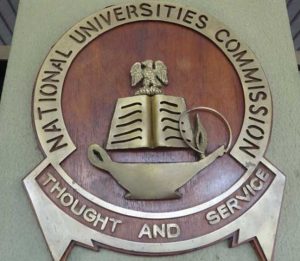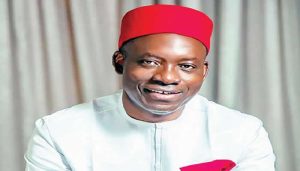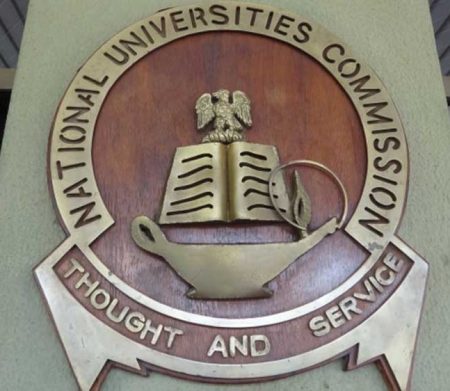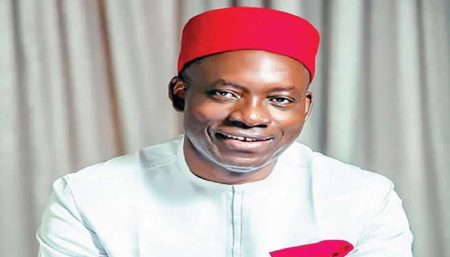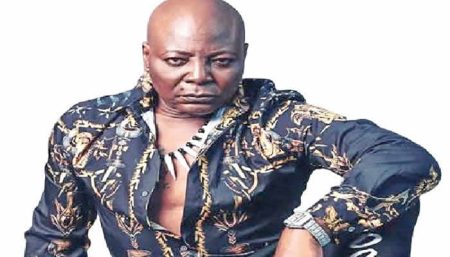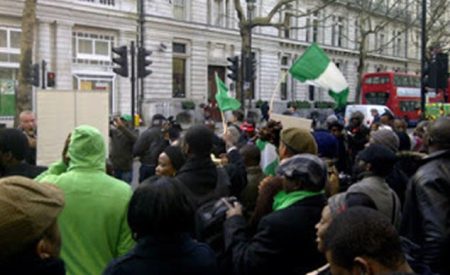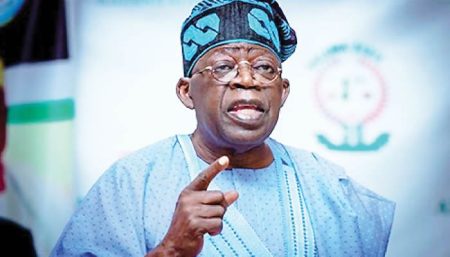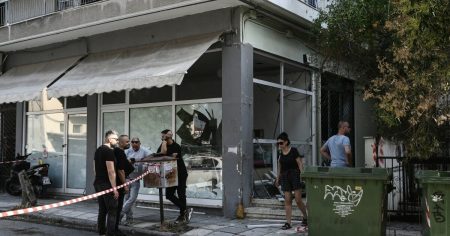The Nigerian Presidency has vehemently refuted allegations of orchestrating disruptions targeting opposition political parties. These allegations, which have gained traction within certain political circles, accuse President Bola Tinubu of manipulating events to undermine the activities of rival groups, specifically the newly formed alliance involving prominent figures like former Vice President Atiku Abubakar and Labour Party’s Peter Obi under the banner of the African Democratic Congress (ADC). Bayo Onanuga, the Special Adviser to the President on Information and Strategy, categorically denied these claims during a televised interview, labeling them as baseless and politically motivated attempts to discredit the administration. He emphasized that the President was not even in the country when some of the alleged disruptions occurred, highlighting the absurdity of attributing every challenge faced by the opposition to President Tinubu’s actions.
Onanuga addressed specific incidents cited by the opposition, including the sudden cancellation of booked venues for political events and the alleged need for ADC coalition members to resort to unconventional travel methods to avoid security surveillance. He dismissed the notion of a government-orchestrated campaign to suppress dissent, stressing that the Tinubu administration upholds the principles of freedom of speech, opinion, and the press. He questioned the logic of connecting venue cancellations to presidential influence, rhetorically asking if the President owns every hotel in the country. Onanuga characterized the accusations as a pervasive tendency within Nigerian political discourse to scapegoat President Tinubu for any and all issues, regardless of factual basis.
Turning his attention to the burgeoning political alliance between Atiku Abubakar and Peter Obi, Onanuga downplayed its potential impact on the political landscape. He argued that the mere formation of a coalition does not guarantee electoral success, pointing to Atiku’s repeated unsuccessful attempts at the presidency. Onanuga drew a parallel with President Muhammadu Buhari’s eventual victory after multiple failed attempts, emphasizing Tinubu’s instrumental role in that success. He further analyzed Atiku’s 2023 campaign strategy, which he characterized as overly reliant on northern sentiments, ultimately failing to resonate with southern voters. Onanuga questioned the viability of a similar strategy in future elections, particularly with the potential loss of support from Obi’s 2023 voter base, even with Obi as a running mate.
Onanuga emphasized President Tinubu’s continued strong support base in the northern regions of the country, citing strategic appointments and policy initiatives as evidence of the administration’s goodwill and commitment to the region’s development. He pointed to key positions filled by individuals from the North-West and North-East, asserting that such actions demonstrate a commitment to inclusivity and equitable representation. He posited that the perceived discontent within the north does not align with the tangible benefits being delivered by the administration’s policies. Onanuga expressed confidence that President Tinubu will leverage the goodwill garnered through these actions at the appropriate time to further solidify his political standing.
The presidential spokesperson’s remarks aimed to counter the narrative of political interference and suppression, highlighting the administration’s commitment to democratic principles and freedom of expression. He presented a counter-argument, suggesting that the opposition’s allegations were a political tactic designed to undermine the government’s credibility. The discourse surrounding these allegations underscores the ongoing political tensions and the persistent challenges faced by the opposition in navigating Nigeria’s complex political terrain. The clashing perspectives on the government’s actions and motivations contribute to the dynamic and often contested nature of political discourse in the country.
The Tinubu administration maintains its stance of ensuring a level playing field for all political actors, emphasizing its commitment to fostering a democratic environment that respects fundamental freedoms. The government’s response to these allegations serves as an example of the challenges faced in addressing accusations of political interference and maintaining public trust. The unfolding political dynamics and the interplay between the ruling party and the opposition will continue to shape the political landscape in the lead-up to future elections, as each side seeks to gain public support and advance its political agenda within the framework of Nigeria’s democratic processes.


